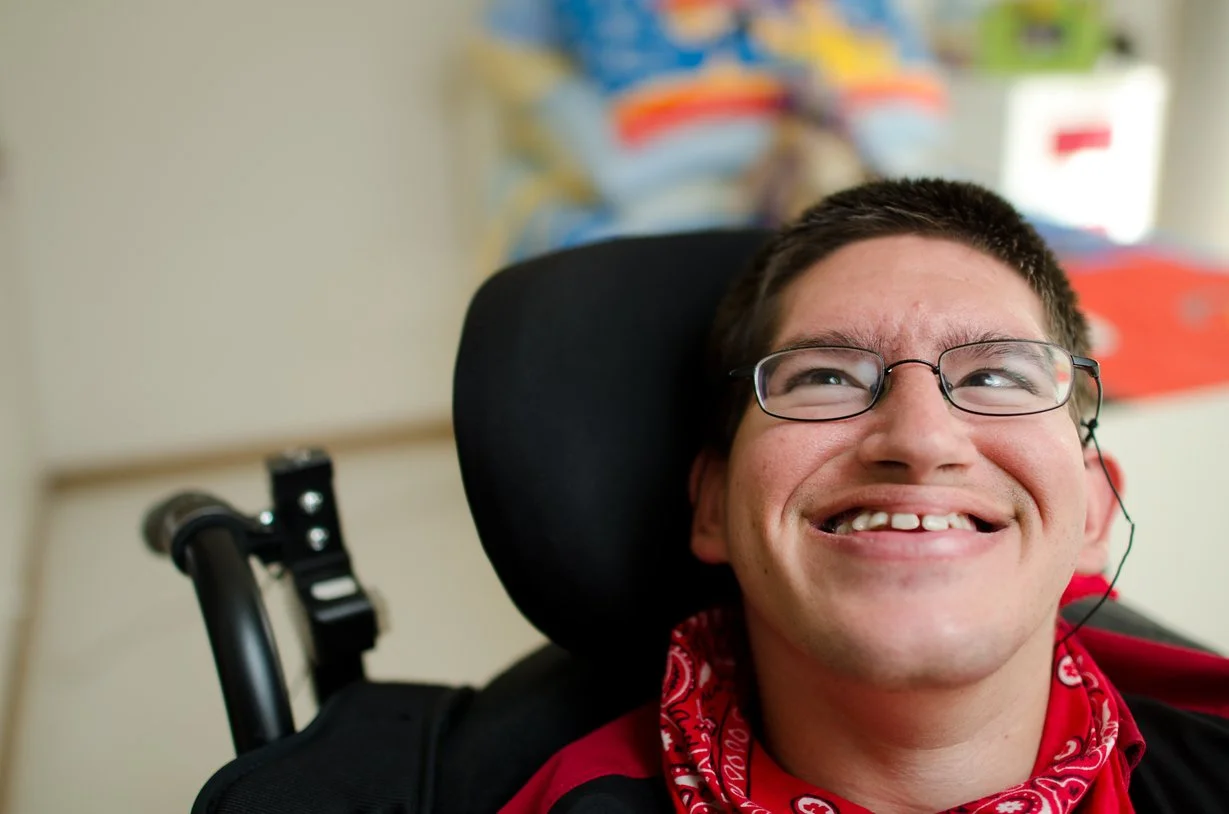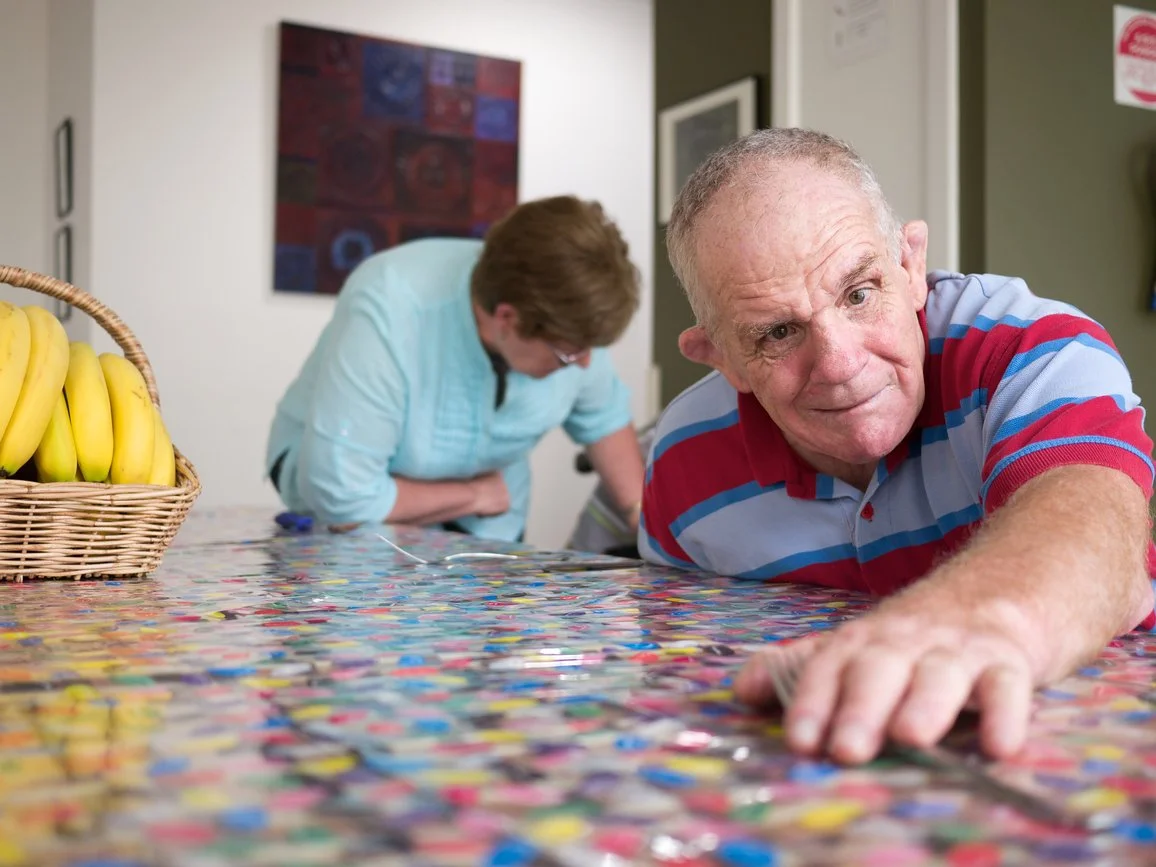
101 cases
of how Human Rights ACTS make our lives better
No matter who we are or where we are, our lives are better when we all treat each other with fairness and respect and when we can all enjoy our rights and freedoms. Human Rights Acts and Charters promote respect for human rights and give people power to take action if their rights are breached.
The 101 cases set out here highlight the benefits Human Rights Acts and Charters have brought to people in the ACT, Victoria and Queensland. These cases also highlight the need for a national Human Rights Act, as well the need for Acts or Charters in states and territories which do not yet have them.
We designed this resource to inspire people to use Human Rights Acts and Charters where they exist in Australia; and to join with others in calling for a national Human Rights Act and Charters in every state and territory.
Click here to add your name to the call for a Human Rights Act.
CASE STUDIES
Aboriginal children jailed in adult prison: Human Rights Act in action
Bendigo mosque and freedom of religion: Human Rights Act in action
Will Ingram and the right to equality: Human Rights Act in action
Queensland and the right to housing: Human Rights Act in action
The right to education for children seeking asylum: Human Rights Act in action
Victorian pandemic laws: Victorian Charter of Rights in action
101 Cases
Human Rights Acts and Charters Make Our Lives Better.
Here are 101 cases showing how












